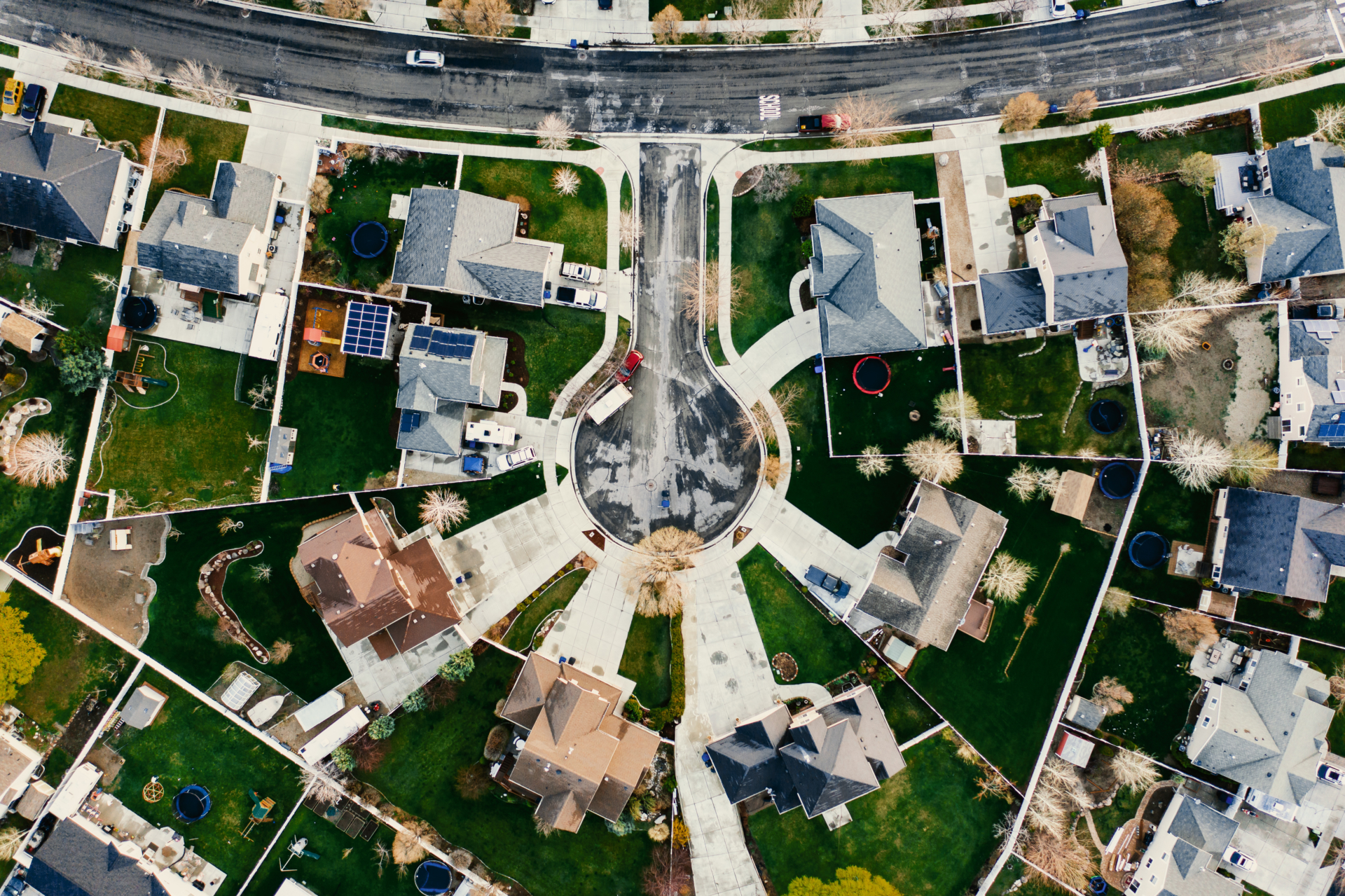When purchasing a home in a community governed by a Homeowners Association (HOA), understanding the intricacies of HOA fees is crucial. These fees play a significant role in maintaining the community’s aesthetics, services, and shared amenities, but they can also impact your monthly budget significantly. To help navigate the nuances of HOA fees, we’ve gathered insights from leading real estate and financial experts.
MORE NEWS: Phoenix bucket list: 25 things you must do
What Are HOA Fees?
HOA fees are mandatory payments made by homeowners in communities with an HOA. These fees cover various expenses, including landscaping, security, maintenance of shared spaces, and sometimes utilities. While the average cost varies widely, it can range from $200 to $600 per month, depending on the location and amenities offered.
Why Are HOA Fees Important?
“HOA fees ensure that the community remains visually appealing and functional. Without these contributions, shared amenities like pools, parks, or clubhouses would quickly fall into disrepair,” explains Andrew Smith, Co-Founder of PropFusion. Smith highlights that HOA fees not only enhance property values but also foster a sense of pride and community among residents.
What Do HOA Fees Typically Cover?
Most HOA fees are allocated toward:
- Maintenance and Repairs: Upkeep of communal spaces, such as roads, gardens, and recreational areas.
- Insurance: Coverage for shared property and liability concerns.
- Utilities: Water, electricity, or gas for shared facilities.
- Reserve Funds: Savings for major future repairs or emergencies.
However, Andrew Reichek, Broker at Bodebuilders, emphasizes that “it’s vital for prospective buyers to review the HOA’s financial statements and meeting minutes. These documents reveal how well funds are managed and whether there are plans for increased fees or special assessments.”
Potential Downsides of HOA Fees
According to Johell Aponte, Founder of Move On House Buyers “While HOA fees have their benefits, they can also pose challenges:
- Special Assessments: These are additional payments imposed on homeowners for unexpected expenses or significant repairs.
- Fee Increases: Over time, HOA fees may rise to meet inflation or cover new community needs.
- Restrictions: HOAs often enforce rules about property modifications, which can frustrate homeowners looking for creative freedom.”
Financial Considerations
Leon Turkin, Mortgage Broker at Turkin Mortgage, advises buyers to factor HOA fees into their overall housing budget. “It’s not just about whether you can afford the mortgage. HOA fees are a fixed cost, and they directly affect your debt-to-income ratio, which lenders evaluate during the approval process,” Turkin notes.
Turkin also suggests comparing HOA fees among similar properties to ensure they’re reasonable. “High fees aren’t always a red flag, but they should correspond with exceptional amenities or services.”
Tips for Buyers
To make the most informed decision, consider these tips:
- Research the HOA’s History: Look for reviews or complaints from current residents.
- Attend Meetings: If possible, join an HOA meeting to gauge transparency and efficiency.
- Ask About Reserve Funds: A well-funded reserve means the HOA is prepared for emergencies without burdening homeowners.
- Understand Rules and Regulations: Ensure the HOA’s policies align with your lifestyle.
Final Thoughts
HOA fees are more than just another line item in your budget—they’re an investment in your community and property’s future value. By understanding what these fees cover and how they’re managed, you can ensure they align with your financial goals and lifestyle.
As Andrew Smith aptly puts it, “An HOA can be your best ally in preserving your home’s value, but it’s essential to approach with eyes wide open.” With expert advice from professionals like Smith, Reichek, and Turkin, buyers can confidently navigate the complexities of HOA fees and make informed decisions.




